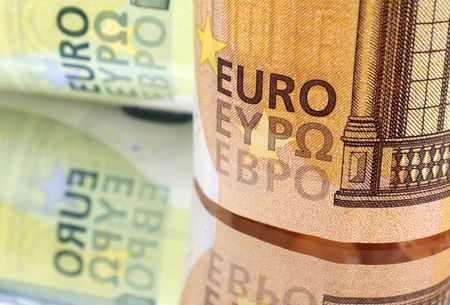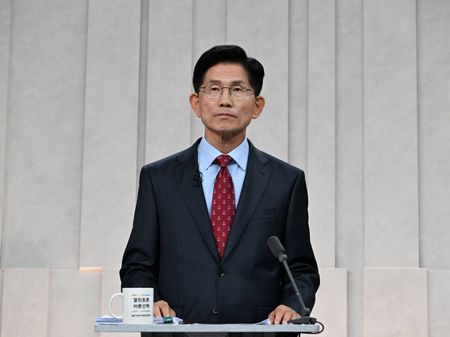BRUSSELS (Reuters) -The European Commission will decide on June 4 if Bulgaria can enter the euro zone and become the bloc’s 21st member from 2026.
European Union countries aspiring to adopt the single currency need to fulfil criteria in four areas: inflation, public finances, the exchange rate and long-term borrowing costs.
INFLATION
* Inflation in the candidate country needs to be close to that in the three best performing EU members for a period of one year before examination of the country’s bid. The upper limit for inflation is calculated as the average of the three best performers, plus 1.5 percentage point.
DEFICIT/DEBT
* The candidate cannot be under the EU’s excessive deficit procedure which is designed to discipline countries that run a budget deficit above the EU limit of 3% of GDP.
EXCHANGE RATE
* A candidate country’s currency must remain stable within a corridor of +/- 15% around a central parity rate against the euro over two years, in what is called the Exchange Rate Mechanism (ERM-2). The currency can appreciate, but should not devalue in a significant way.
LONG-TERM BORROWING COSTS
* Yields on long-term government bonds issued by the candidate country should not be more than 2 percentage points above the average of the three European Union countries with the lowest inflation, which were used for setting the price stability criterion.
(Reporting by Jan Strupczewski; Editing by Alex Richardson and Bernadette Baum)











